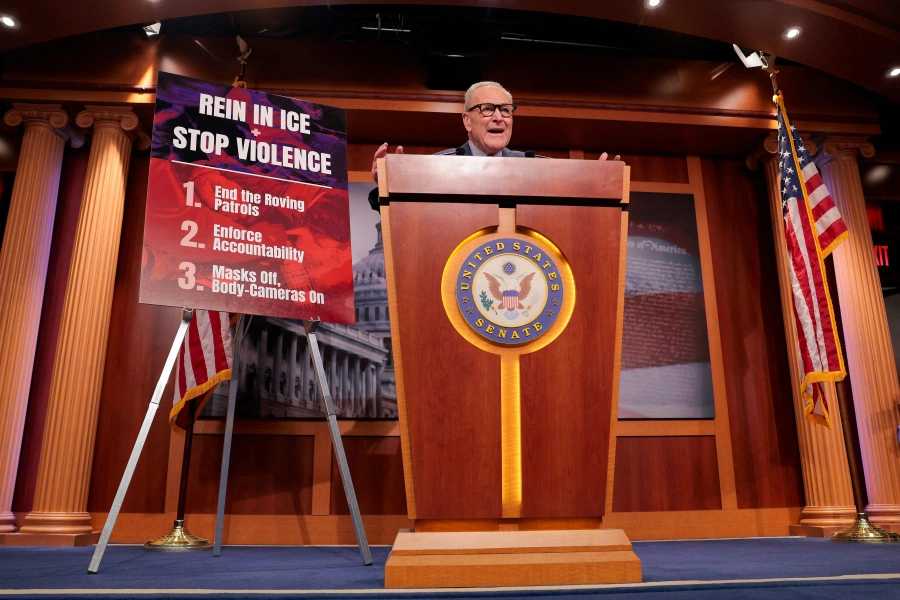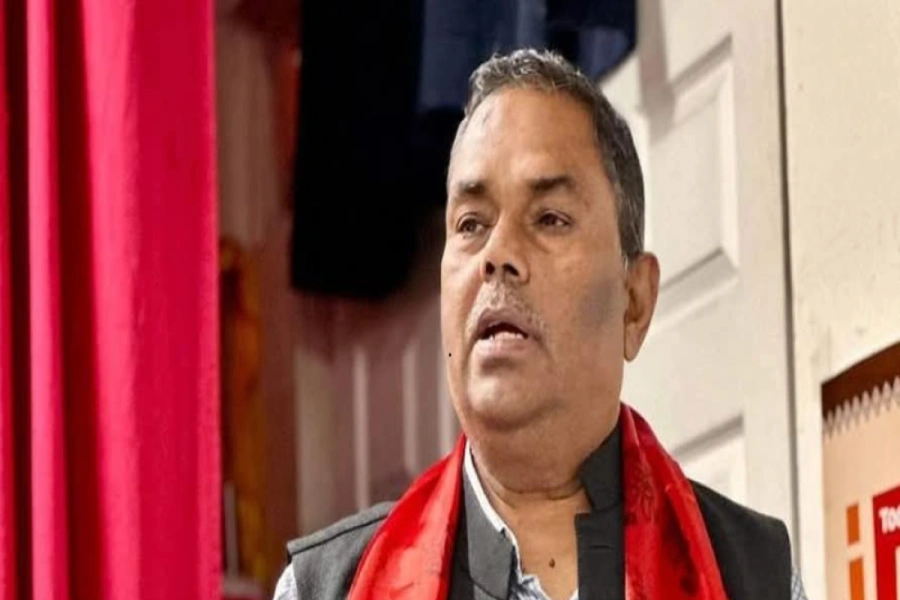Nepal marks its 19th Loktantra Diwas this Thursday. Celebrated on Baisakh 11 in the Nepali calendar, the day commemorates the restoration of people’s rule and the beginning of Nepal’s steady, though turbulent, journey toward becoming a federal republic — a milestone realized with the promulgation of the 2015 Constitution. While we also observe Prajatantra Diwas (Democracy Day) on Phalgun 7 to mark the initial establishment of democracy, Loktantra Diwas carries special significance. The mass movement of April 2006 not only restored fundamental rights and liberties but also set Nepal firmly on the path to a federal democratic republic, abolishing a 240-year-old monarchy. In this transition, the Nepali people transformed from Praja (subjects) into Nagarik (citizens) — the true source of state power.
Nepal’s 75-year-long democratic struggle can be seen as a series of waves. The "first wave" ended the 104-year Rana oligarchy on February 18, 1951, restoring the monarchy to its sovereign role. This hard-won victory came at great cost: martyrs like Shukra Raj Shastri, Dharma Bhakta Mathema, Ganga Lal Shrestha, and Dasarath Chand gave their lives for the cause of freedom. Their sacrifices, along with the leadership of figures such as Tanka Prasad Acharya, Bishweshar Prasad Koirala, Matrika Prasad Koirala, Ganesh Man Singh, and Krishna Prasad Bhattarai, laid the groundwork for a fledgling democracy. King Tribhuvan, restored to power, pledged to allow the people to draft a republican constitution through an elected constituent assembly. But that promise would remain unfulfilled, leaving democracy to rest on a fragile foundation.
Nepal's Tryst with Democracy and Destiny

In 1961, King Mahendra staged a royal coup, dissolved parliament, jailed the elected prime minister and democratic leaders, banned political parties, and reasserted monarchical rule — plunging Nepal back into autocracy. The "second wave" arrived in 1990, led by the same spirit of resistance. Spearheaded by Ganesh Man Singh and other former freedom fighters, the people once again reclaimed democracy through a popular movement. Yet despite soaring hopes, the new democracy struggled. By the mid-1990s, the Maoist insurgency crippled the state, ushering in a decade of bloodshed and instability. Amid this turmoil, the 2001 royal massacre shook the nation, and a new monarch — a businessman-turned-king — repeated history, staging his own coup and derailing democracy once again. By 2002, Nepal found itself politically back in 1961.
But the people had learned their lessons. The decade-long insurgency ended in 2006 with a grand political realignment: the traditional democratic forces and former insurgents joined hands to topple the monarchy. The long-promised Constituent Assembly finally became a reality, and under its leadership, Nepal was declared a federal republic with the adoption of the 2015 Constitution. Over the past 75 years, Nepal has struggled to secure a stable political order. Today, while we have the framework of democracy — systems, institutions, and mechanisms — their failure to deliver is glaring. Corruption runs rampant. Politics has been reduced to a naked contest for power. The economy is stagnant. Unemployment is rising. Public frustration is palpable. On the surface, everything appears orderly; beneath it, dysfunction festers. This is not the democracy the people fought for. As we celebrate 19th Loktantra Diwas, the message to our leaders must be loud and clear: Shape up — or ship out.







































